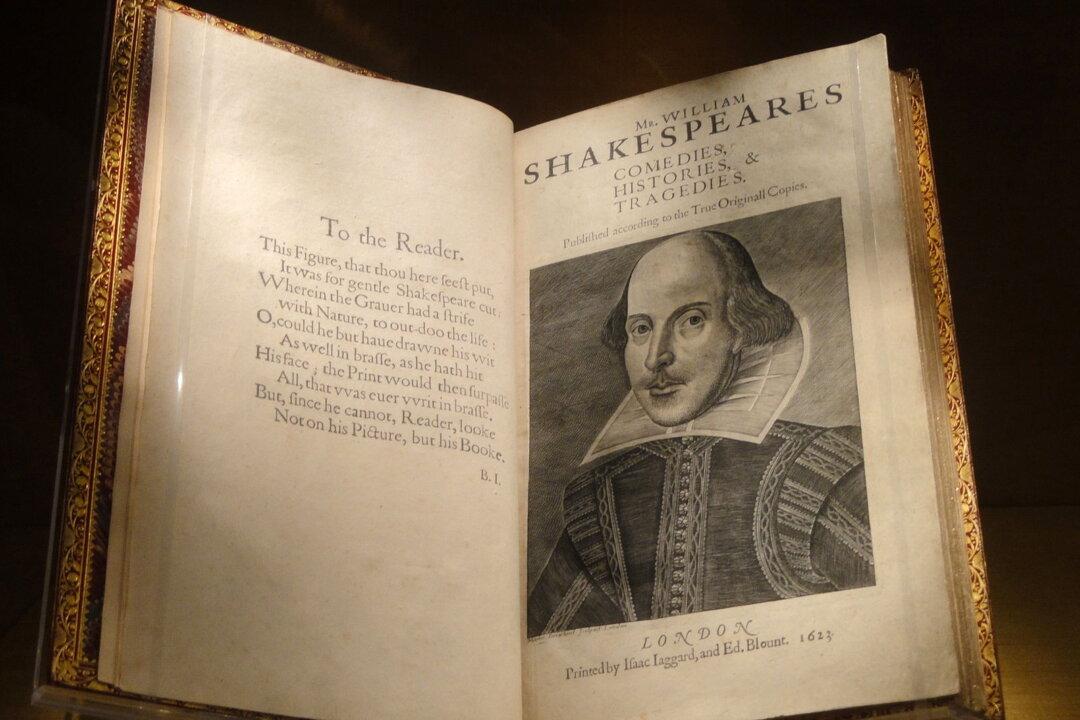Henry Clay Folger (1857–1930) was born in the metropolis of New York City. Emily Clara Jordan (1858-1936) was born in the small town of Ironton, Ohio. Their education and passion for William Shakespeare would eventually make them inseparable.
Folger was a scholarship student at the private Adelphi Academy in Brooklyn, New York, and later attended Amherst College from 1875 to 1879. Folger showed interest in and a talent for the arts, joining Amherst’s Glee Club, acting in the college’s presentation of “HMS Pinafore,” competing in oratorical contests, and winning a Kellogg Prize for his 1876 essay “Pericles before the Areopagus,” and taking first prize in 1879 with an essay on Alfred Lord Tennyson. During his graduation ceremony, he heard a speech by Ralph Waldo Emerson on the subject of Shakespeare, which ignited an interest in the Bard that soon became an obsession.






